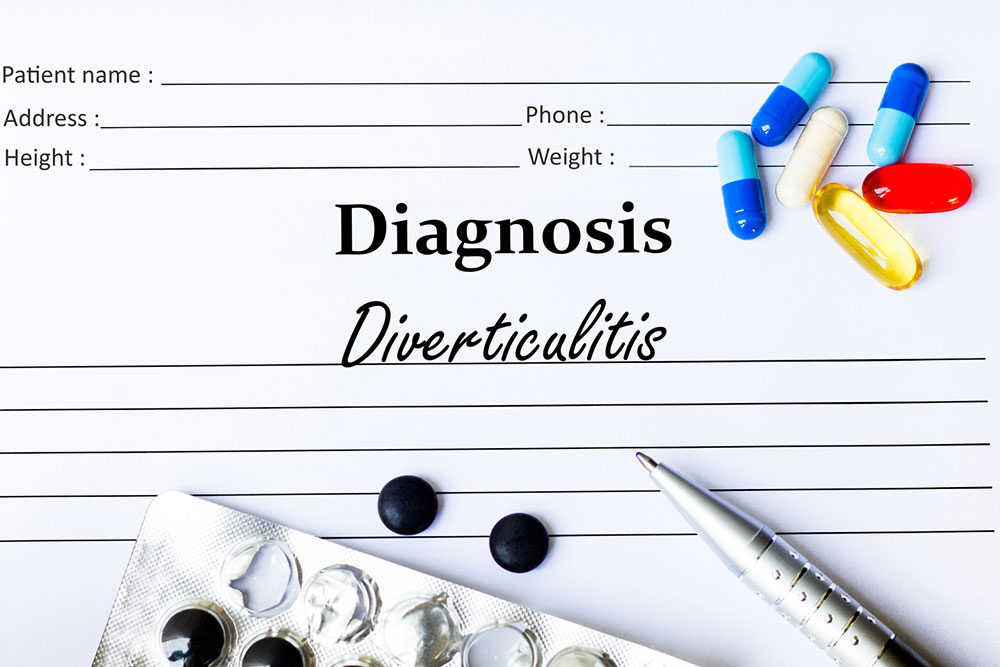Understanding and Managing a Swollen Stomach
Learn about common causes of abdominal bloating, from digestive issues to serious health conditions. Discover effective at-home remedies and when to seek medical help for persistent symptoms to maintain digestive health and comfort.

Understanding and Managing a Swollen Stomach
A swollen abdomen can cause discomfort, with some individuals experiencing a visibly distended belly or severe abdominal pain. Common causes range from simple indigestion and excessive gas to more complex issues like fluid buildup, infections, or digestive disorders. While often benign and manageable at home, a swollen stomach can sometimes indicate serious health concerns requiring medical attention. Recognizing the causes and applying suitable remedies can provide relief and promote digestive health.
Common Causes of a Swollen Abdomen
Digestive Conditions
Individuals with conditions like IBS, Crohn’s disease, or celiac disease often experience abdominal swelling. Research indicates that between 23% and 96% of IBS sufferers report bloating.
Fluid Accumulation
Excess fluid in the abdomen, known as ascites, can lead to swelling and is sometimes linked to infections, liver problems, or cancer.
Dehydration
Lack of adequate hydration can slow digestion, leading to bloating despite increased water intake in some cases.
Constipation
Hard-to-pass stool causes a full, uncomfortable stomach, often due to low fiber, insufficient hydration, or lack of activity.
Food Intolerances
Sensitivities such as lactose intolerance or gluten allergies can trigger gas and bloating. Identifying trigger foods through elimination diets can help.
SIBO (Small Intestinal Bacterial Overgrowth)
An imbalance of bacteria in the small intestine caused by antibiotics, inflammation, or poor digestion can ferment foods abnormally, causing discomfort.
Infections
Infections in the gastrointestinal or urinary tract can cause swelling, pain, and increased inflammation.
Bowel Blockage
Tumors or scar tissue can obstruct the intestines, resulting in severe bloating, pain, and constipation. Immediate medical attention is essential to prevent serious complications.
Hormonal Fluctuations
PMS and hormonal changes during the menstrual cycle often cause fluid retention and bloating, especially before or during periods.
Malignancies
Though rare, persistent bloating could signal cancers of the colon or uterus. Seek medical evaluation if symptoms persist despite home care.
Effective Remedies and Lifestyle Tips
Most cases of bloating can be eased with simple home practices. Keeping a food diary helps identify food intolerances. Applying heat, consuming peppermint, and hydrating adequately can offer quick relief. For constipation-related bloating, laxatives or over-the-counter medications may be beneficial. Embracing healthy eating habits, regular physical activity, and avoiding trigger foods can significantly reduce symptoms. Persistent or worsening symptoms should prompt consulting a healthcare professional for diagnosis and treatment.










